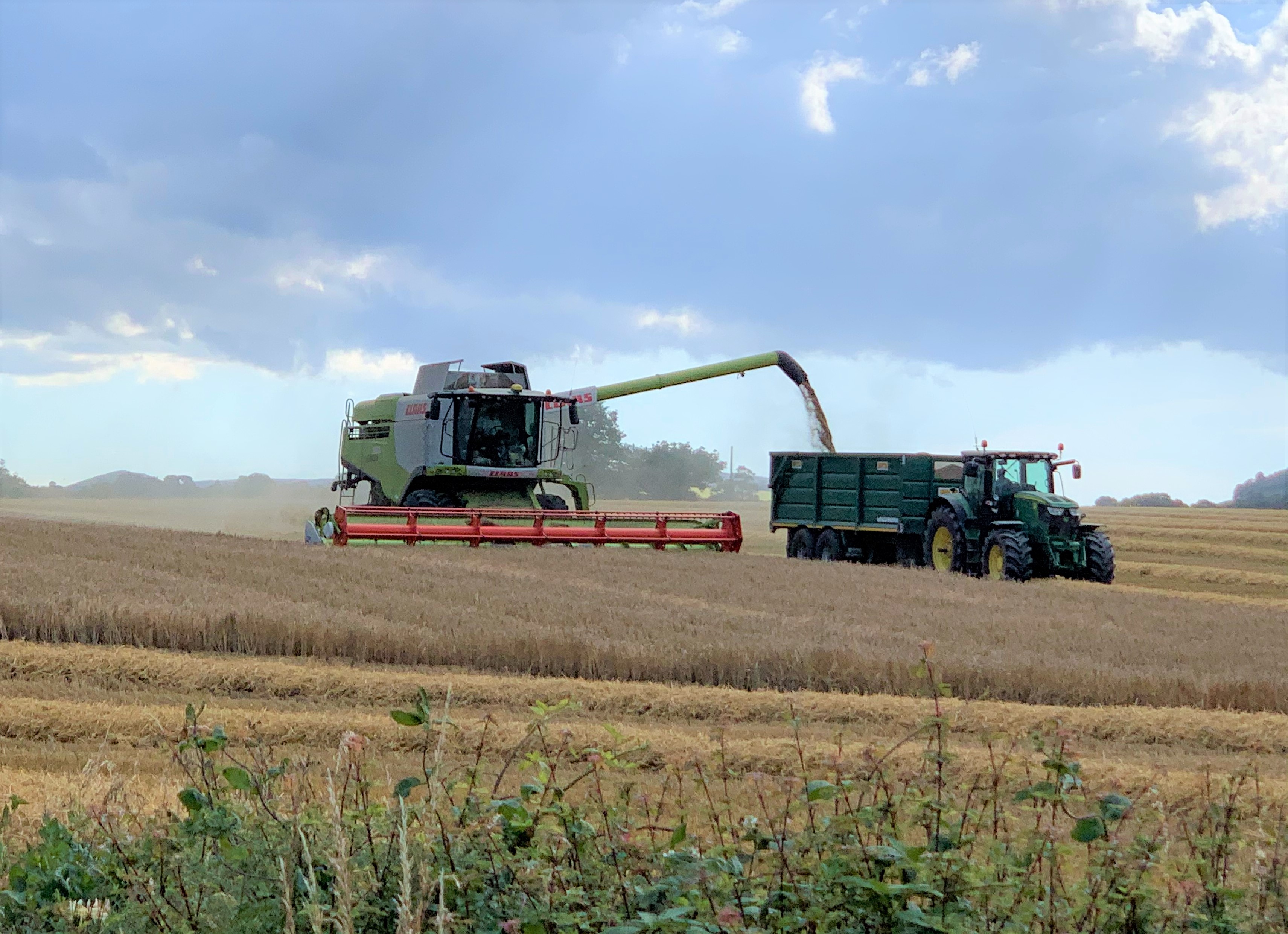The Rural Voice, Can it Be Heard in the General Election on 4th July?
With the General Election on July 4th approaching, rural voters are pondering their place in today’s political landscape. Has the countryside been marginalised, and can its concerns ever be heard in Westminster?

Since the 1970s, employment in agriculture has fallen from 400,000 to below 200,000. This decline has reduced the number of people directly or indirectly connected to the land. The UK population has grown by over 10 million, further diluting rural connections. As fewer families have rural roots, public attitudes towards farming and the countryside have shifted, influenced by media, social changes, and a lack of education.
Those unacquainted with the tough choices in rural life, such as managing wildlife for biodiversity or balancing food production with nature, see the world differently. In the 1970s, most people had direct links to the land; today, few do, and their attitudes reflect this.
While we cannot return to the past, we must adapt to maintain the social license essential for wildlife management and farming. The differences between town and country may not be as vast as they seem. Regardless of background, most share a love for the countryside and its wildlife. Farmers, as land custodians, play a crucial role in maintaining our landscape and feeding the nation.
As the election draws near, it is imperative that rural voices are heard and considered in the broader political discourse. The countryside may have become a smaller part of the national picture, but its significance remains vital. If we are to have food security and sustainability, with an ever-growing population, we must ensure that the rural way of life continues to be valued and protected in the years to come.
Featured in the Shropshire Star 22nd June 2024

